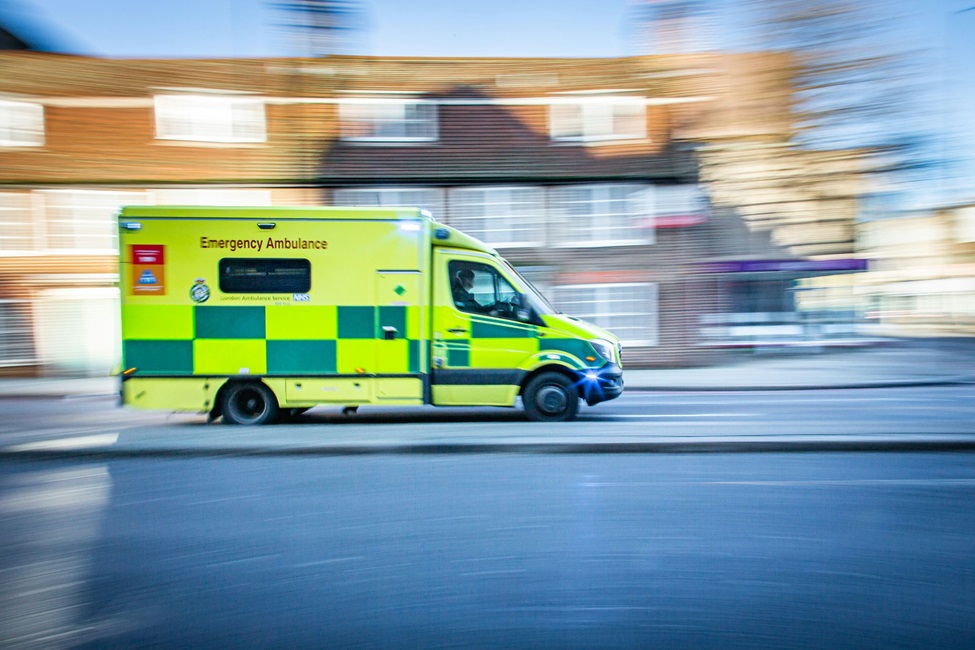Emergencies can happen anytime, so it’s important to respond quickly and effectively. Some situations might be scary, but they may not need an immediate response. This guide will help you tell the difference between true emergencies and situations that can be handled through other channels. We’ll also tell you what emergency services are available.
You never know when an emergency can happen and that is why you need to be vigilant. It is important to know the right time to call the emergency services in your area and this guide will tell you all about it.
In this blog post, you will get to know about when to contact the emergency services. So, keep on reading to find out more information about it.
When to Contact The Emergency Services?
Here are some clear signs that a situation needs immediate attention:
Medical emergencies: Severe pain, difficulty breathing, unconsciousness, uncontrollable bleeding, or any life-threatening condition.
Fire: Any fire, no matter how big or small.
A crime is in progress: Witnessing a robbery, assault, or break-in.
Accidents: When someone gets hurt in a car accident or falls.
Earth emergencies are when gas leaks, dangerous materials spill, or natural disasters happen and people need to leave quickly.
When to Call The Emergency Services?
There are situations that can be dealt with through non-emergency channels. Here are a few:
If you have a cough, cold, or aches and pains that aren’t serious, go to an urgent care clinic or your regular doctor. Lost items don’t need an emergency response. Report lost items to the proper authorities.
If someone barks or plays loud music, it’s not a good idea to call 911.
When in doubt, it’s always best to call the emergency services. They are trained professionals who can look at the situation and figure out what to do.
A Guide to Essential Emergency Services
Here is a quick list of important emergency services:
Contact the police for any crime in progress, suspicious activity, or threats to your safety.
Fire Department: Report any fire, smoke alarms going off, or gas leaks that are not controlled.
Call the ambulance if you need immediate medical help.
In some areas, a unified emergency number connects you to fire, ambulance, or disaster response teams.
Other Resources
Some police departments have special numbers for emergencies that can be used to report small problems or ask for information.
Poison Control Centers: These centers provide immediate information and guidance in case of accidental poisoning.
Local Emergency Management Services: Stay informed about local emergency preparedness plans and resources offered by your community.
Final Words
Keep emergency numbers readily available in your phone and a visible location in your home. Educate your family members, especially young children, about when and how to call for help. By following these guidelines and being prepared, you can navigate emergency situations more effectively and ensure the safety of yourself and those around you. Know when is the right time!


Comments are closed.